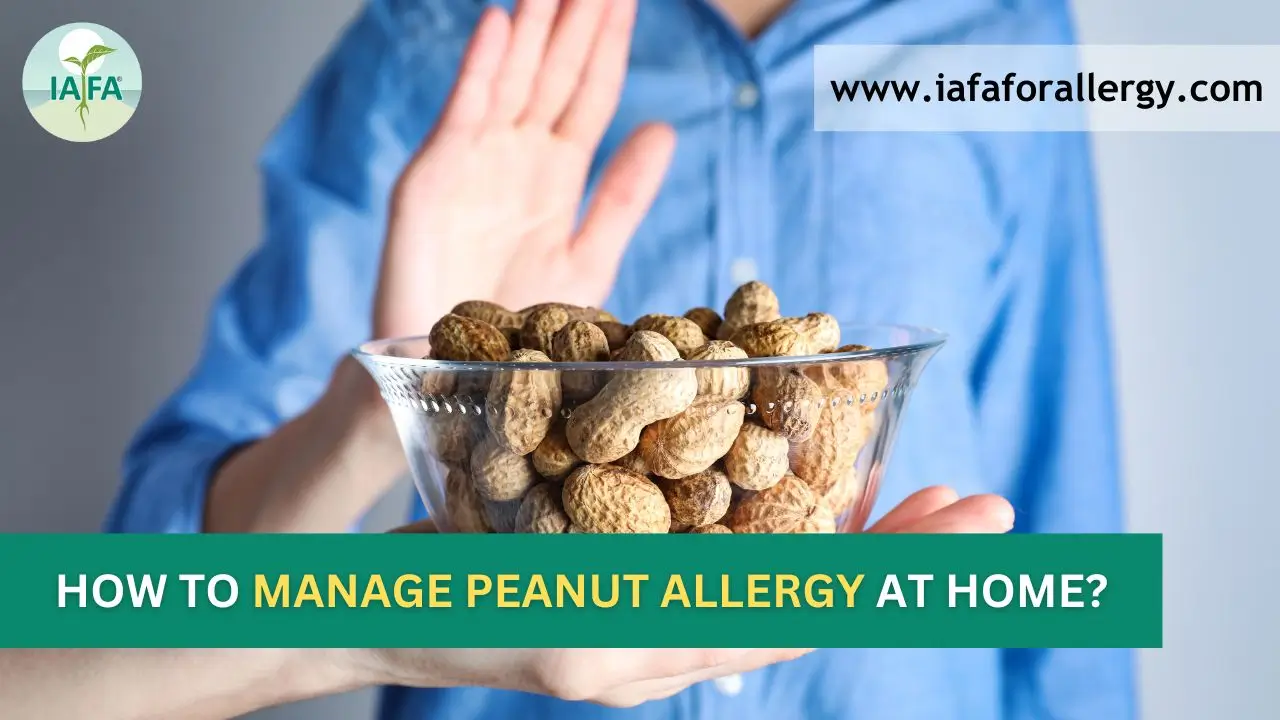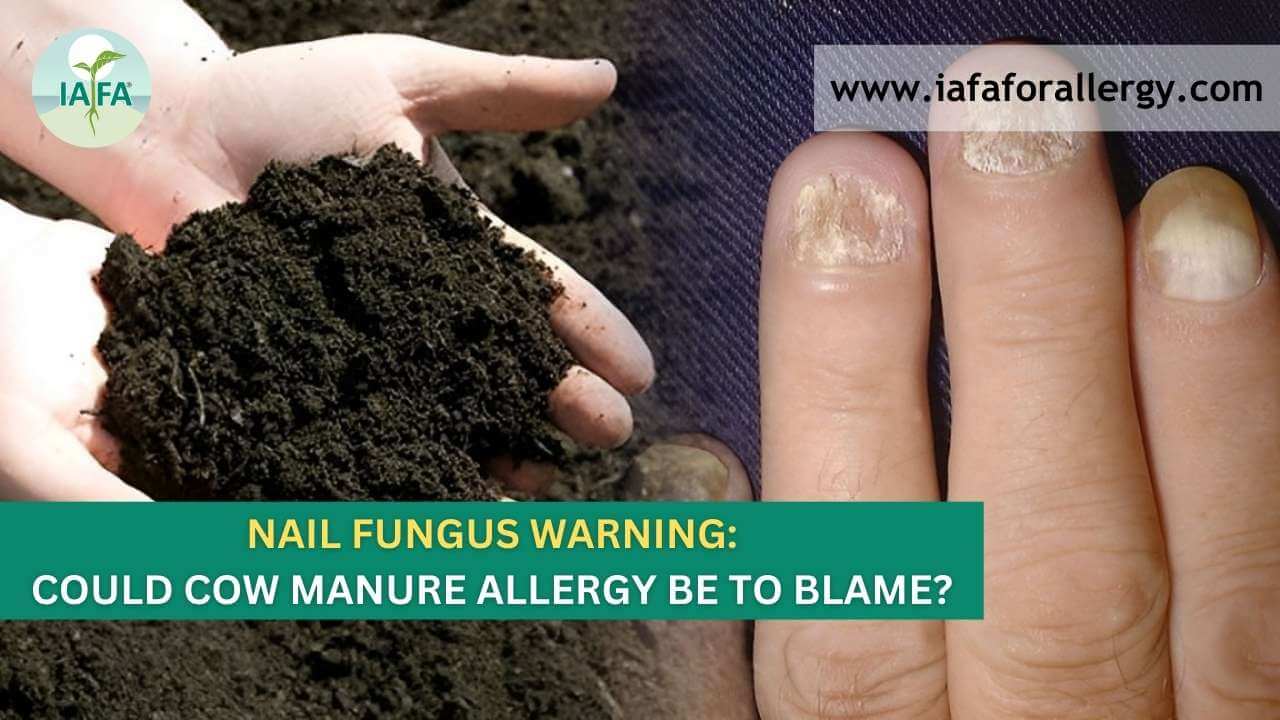Peanut allergy is a kind of food allergy and is seen generally in people who already have other food allergies. It happens when your body mistakenly recognizes protein in the peanuts as an antigen and produces antibodies against it. It leads to inflammation in the body causing allergic reactions. The symptoms include hives, burning sensation, itching, nausea, vomiting, diarrhea, and swelling in the lips and tongue. A severe allergic reaction of peanut allergy leads to anaphylaxis where the person feels hard to breathe and can go into anaphylactic shock.
Today in this blog we will discuss some peanut allergy management strategies so that the complications caused by peanut allergy can be reduced to some extent.
Can Peanut Allergy be Prevented?
Yes, with attentive care and caution one can prevent peanut allergy.
Our Ayurveda expert says that if you want to prevent your child from any kind of food allergy, you need to introduce them to the infant from an early age under professional guidance which is endorsed by some research studies.
If you are already suffering from some kind of allergy, you may be more prone to get a peanut allergy. In this case, one needs to be careful of first treating the root cause and later introducing the food slowly. You can also prevent peanut allergy with peanut allergy home remedies.
Why is Self-Care Important?
Self-care is an effective way to control hyper-reaction caused by allergies. This means that peanut allergy symptoms can be controlled or avoided by following self-care techniques.
Peanut allergy can result in the occurrence of skin issues, gastrointestinal issues, hormonal issues, and metabolic issues. Not only peanut allergy, but all the other food allergies cause the same. So, one needs to be careful and pay attention to peanut allergy self-care.
Some of the self-care activities you need to focus on:-
- Cleansing and detoxing the body from the inside.
- Nourishing the body with the right nutrients as peanut allergy can lead to nutrient deficiency.
- Regular exercises to keep the body active and function effectively.
- Avoiding the wrong combination of foods as it can worsen the condition further.
- Including ayurvedic herbs in daily life to keep the immune system strong.

Manage Peanut Allergy at home
Although Ayurveda offers a holistic approach to the treatment of peanut allergies, one can easily manage them at home with precise care.
If your child is suffering from peanut allergy or might get it, then as a parent you need to follow the given guidelines to prevent severe allergic reactions.
- Read the food labels before giving him any packaged foods (generally ayurveda never encourages one to have packaged foods, in case if you give any, you need to be careful).
- Inform children’s teachers about his/her condition so that they can be cautious and prevent the child from eating anything that has peanuts.
- Teach your children how he/she should avoid foods containing peanuts.
- Swap peanuts with other nuts to get sufficient nutrients (in case your child is not allergic to other nuts).
- If you are dining outside, then let the chefs know about your child’s condition and avoid cross-contamination of the food.
- Always keep aloe vera gel at home to instantly treat hives and rashes.
Conclusion
Peanut allergy is a kind of food allergy referred to as Aahar Asatmyata in Ayurveda. It is commonly seen in people with other allergies.
Research studies and our Ayurveda experts suggest introducing peanuts at the very early age of infants slowly so that the child can become immune to them. If your child is suffering from peanut allergy, then you can follow the above-mentioned guidance for management.

If you want to get precise treatment for peanut allergy, you can contact us and book an online consultation with our Ayurveda experts to get a permanent solution for your problem. Peanut allergy can lead to anaphylaxis, so be cautious and prevent peanut allergy.







